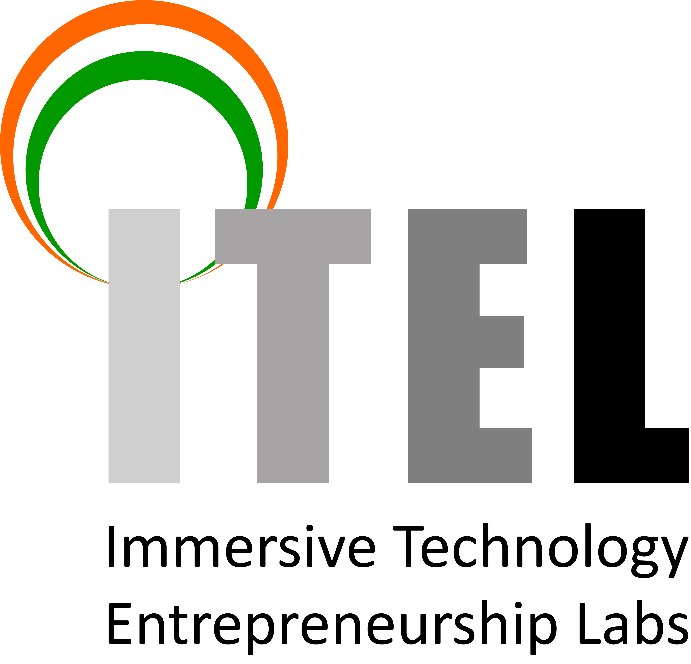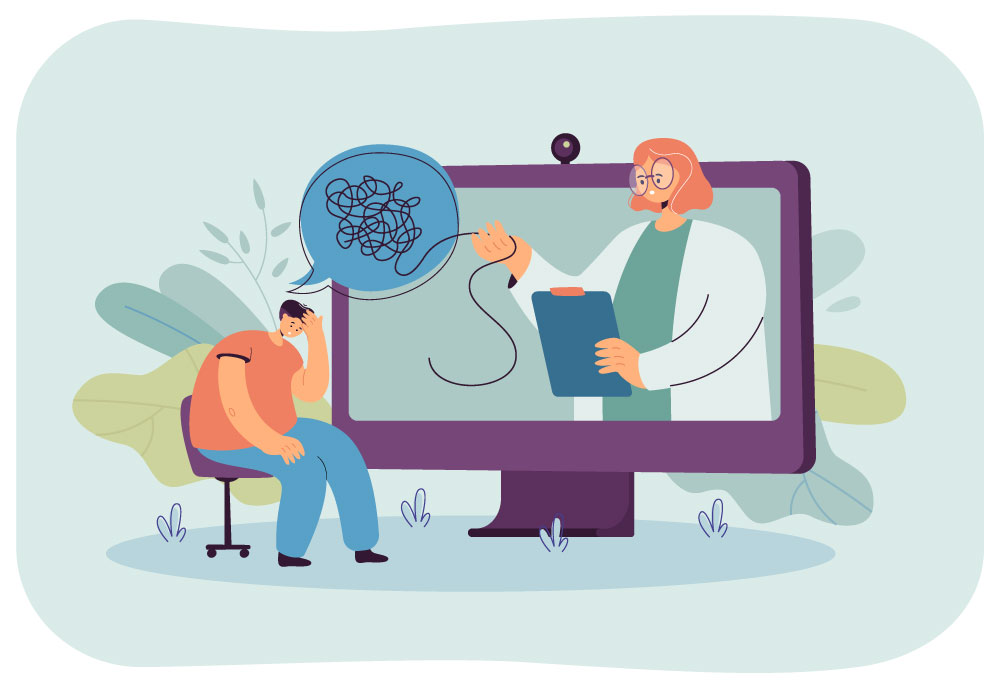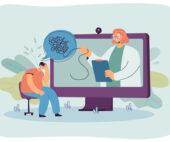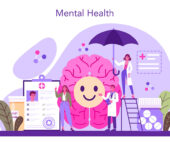There is a prevailing optimism among some individuals that AI, like Chat GPT or other stable and mature models, can be utilized to conduct mental health assessments. However, it’s essential to clarify that this belief holds very little truth. AI serve as tools rather than complete solutions.
When we scrutinize the process of arriving at a mental health assessment, it becomes evident that diagnoses are not made based on single response, but rather made that too provisionally, on responses to a sequence of contextual questions presented in a specific order. Therefore, a repository of questions must be established, and these questions must be sent to the AI in a particular sequence, requiring dynamic sequencing to be formed outside the AI programmatically.
However, this dynamic sequencing presents another challenge. Most API-based responses are not persistent within the AI, necessitating the development of mechanisms to store responses outside the AI.
Additionally, numerous complexities arise, such as handling biases, ethical considerations, limitations on AI training, regulatory compliance, and privacy and security concerns. Moreover, the assessment process may require inputs beyond textual data alone, including wearable data, chat history analysis, social media interactions analysis, environmental factors, cognitive assessments, and biological markers. AI may lack the ability to understand non-verbal cues, body language, tone of voice, or other crucial factors for accurate assessment.
Despite these challenges, AI can indeed offer a new dimension or enhance the assessment process. In an appropriately constructed solution, AI can serve as enhancement tool, bringing automation, remote administration, scalability, and privacy to mental health assessment. Multilingual capabilities can also be an added advantage.
At Aipsychi, we are pleased to announce that we have harnessed many of these enhancements enabled by AI while addressing most of the associated shortcomings and deficiencies and can offer a complete solution to mental health professionals as well as to the corporates for their EAP programs.





